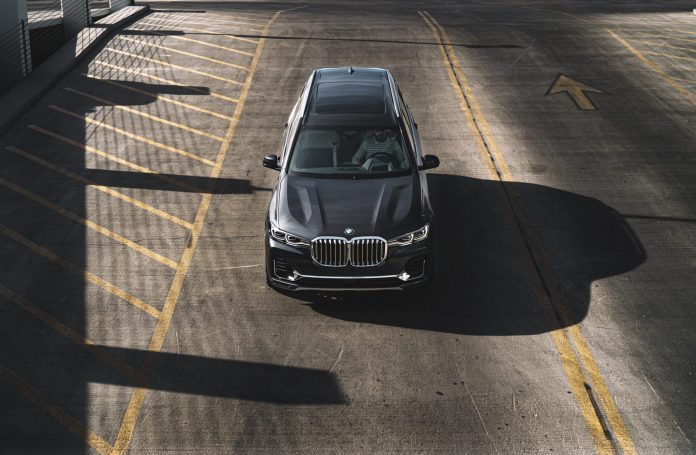German automotive giant BMW has confirmed it will apply for 5G spectrum licences in the 3.7-3.8 GHz industrial band in local factories at home on an ad hoc basis through the remainder of 2020, as use cases and experiments arise.
“Depending on the projects we have planned, we will apply for licenses for different sites during the course of the year. We cannot provide further details for the time being… We are still in the phase of planning the 5G rollout,” the company said, in a statement to Enterprise IoT Insights.
BMW is looking at industrial 5G in Germany, and across its global production sites as well. The company’s joint venture in China, BMW Brilliance Automotive (BBA), claims to be the first automobile manufacturer to enable full 5G wireless coverage at all its plants.
The company told Enterprise IoT Insights: “BMW sees great potential for production in the new 5G standard. Depending on demand and based on local applications, BMW plans to equip its own plants with local, private 5G networks in the long term and to integrate these into IoT. The selection of partners for the construction of these networks has not yet taken place.
“The high reliability and security of the network and the transmission of large amounts of data in real time offer advantages in production. [These include] applications in the field of virtual or augmented reality; large-scale networking of machines, for example, in autonomous logistics fleets; flexible network design for different needs; and betworking with suppliers.”
It added: “The advantages of a private 5G network are, in the view of BMW, for speeding up implementation, greater security, improved availability, and greater flexibility in use.”
BBA’s 5G deployment is with China Unicom and China Mobile, and has grown out of a pilot at three plants in Shenyang, in China’s northeast Liaoning Province. Construction of 21 5G masts and 35 5G base stations was completed in April 2019, covering also plants in Tiexi and Dadong, plus a powertrain plant.
BMW said: “In China, three BBA plants are already equipped 100 per cent with 5G. Since July 2019, a transmission rate of more than one Gigabit per second has been achieved. BBA is already using the technology in a pilot project and is using 5G to transfer large amounts of test data from vehicles to the data center in real time.
“This makes data acquisition and analysis more efficient. BBA is also actively exploring the opportunities in many areas of production including 5G edge computing and AI.”
BMW is pushing in-car 5G connectivity, as well. The company’s forthcoming iNEXT electric crossover (pictured), scheduled for launch in 2021, equipped with a built-in SIM, will be the first high-end consumer vehicle to come with 5G. Subsequent models will also feature 5G. BMW said 5G will be a “prerequisite” for autonomous driving, from Level 3 upwards.

